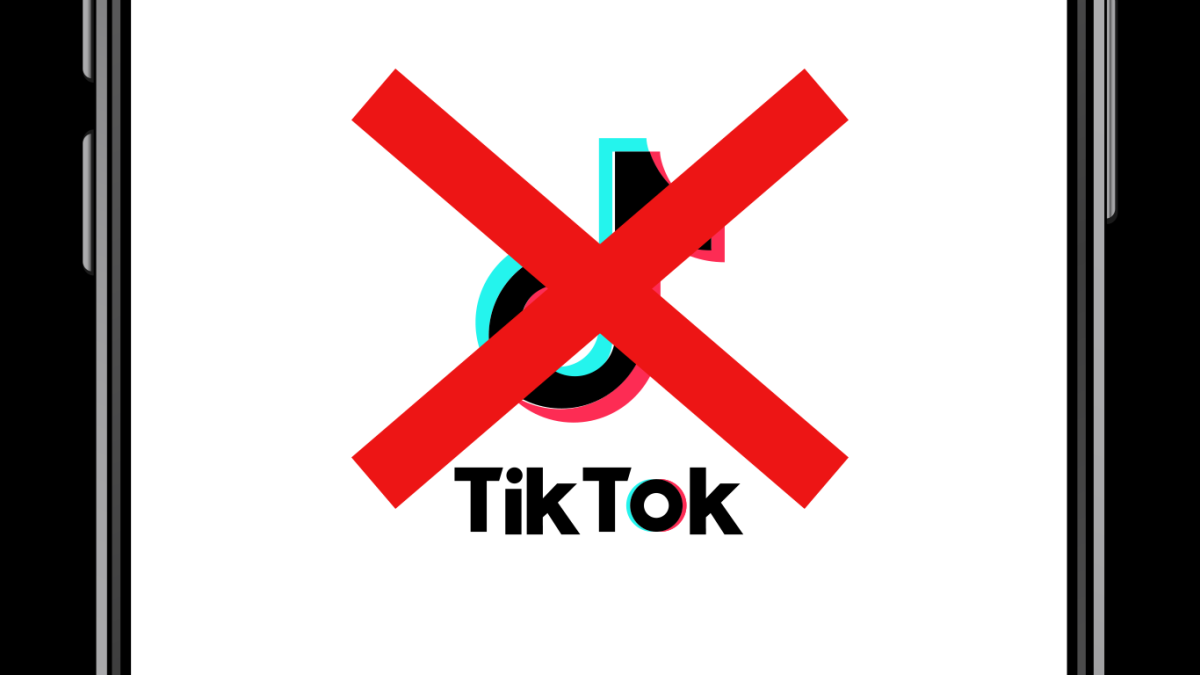TikTok has become the biggest app in the world since its release in September 2016. With over a billion global users, the power and influence of the app is undeniable.
The video-formatted social media platform is especially embraced by the United States population, with over 170 million users throughout the country. The app appeals to the masses since it offers a vast community of creators that specialize their content to various interests. Content spans lifestyle and fitness to comedy bits to relatable videos, with many more genres and niches.
Since so many Americans find joy in watching TikTok videos, the U.S. House of Representatives’ vote to ban TikTok came as an upsetting shock to some, especially to Generation Z. TikTok’s China-based ownership makes some lawmakers believe the platform is a threat to national security. This concern resulted in a 352-65 vote among representatives in favor of the bill to ban the app.
READ MORE: Preview: LSU women’s hoops set to take on UCLA in the Sweet 16
The bill proposes that if TikTok’s owner, ByteDance, does not sell the app to a U.S.-based company within six months, then it will be banned. The probability for ByteDance to comply is very low since it would be difficult to sell a huge company worth a potential $150 billion so quickly.
The bill must pass a vote held by the U.S. Senate, then be approved by President Joe Biden to become a law. It remains unclear if the Senate will pass the bill, but Biden has signaled that he will sign it if passed.
Biden’s campaign team often uses TikTok as an outlet to gain votes from younger generations for the upcoming 2024 presidential election.
Millions of American users realized how serious the possibility of a TikTok ban was on March 13. The company’s CEO, Shou Chew, took to the social media platform to express his disappointment with the U.S. House of Representatives’ vote and encouraged users to contact their senators to urge them to vote against the bill.
In a TikTok, Chew acknowledged the platform serves as a vital resource for small businesses to thrive on.
“It would put more than 300,000 American jobs at risk,” Chew said.
This concern is shared widely among business owners and content creators who rely on the app to grow their businesses and sustain themselves financially.
READ MORE: Opinion: LSU’s student body deserves a foreign market
Chew assured viewers in the same TikTok that the app prioritizes data security and aims to keep it protected.
NBC News reported it may be months before a Senate vote on the bill and that both political parties think foreign ownership is a threat to national security, so the possibility of the bill stopping there is unlikely.
The decision whether to ban TikTok is much anticipated by Americans.






